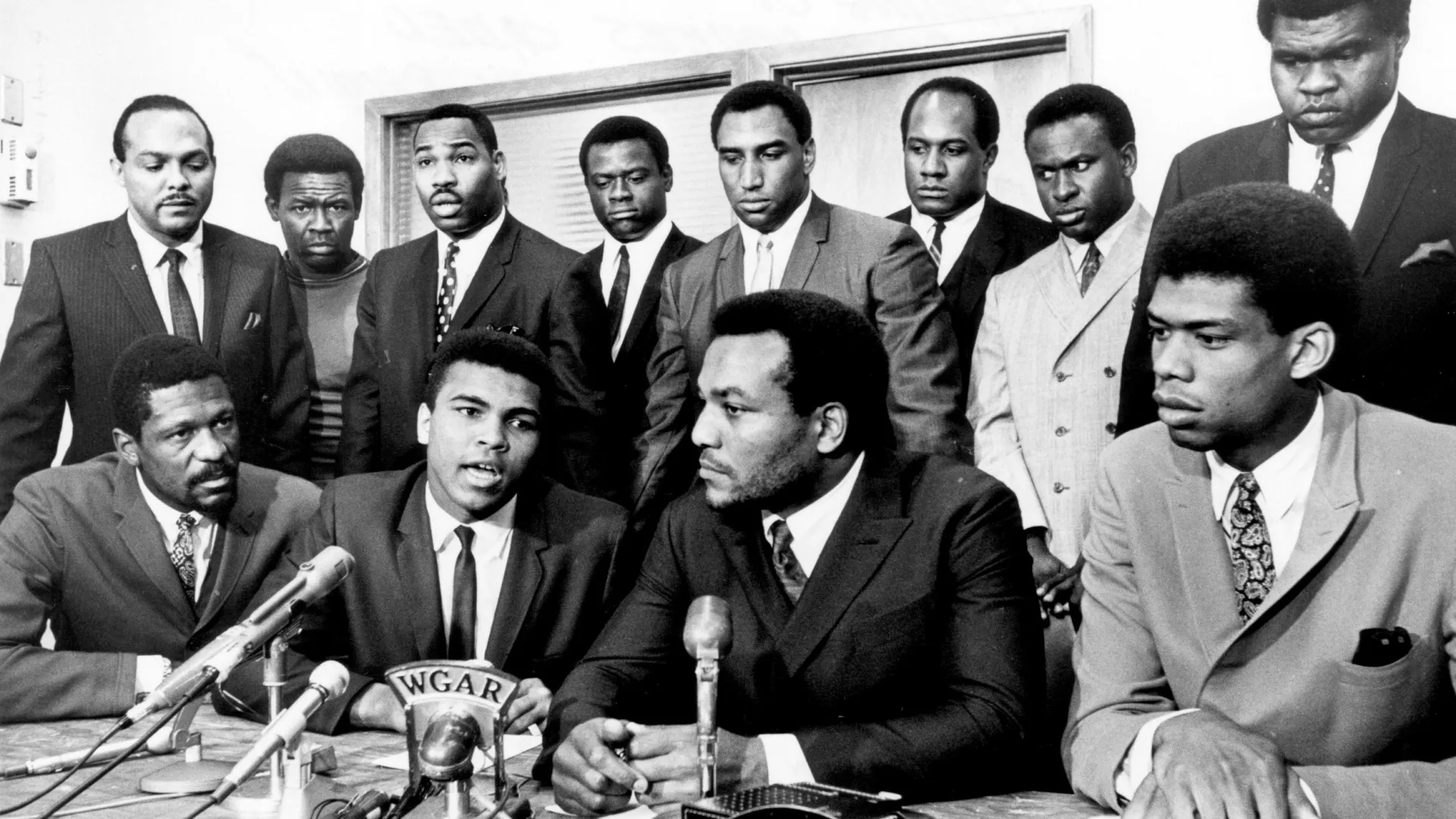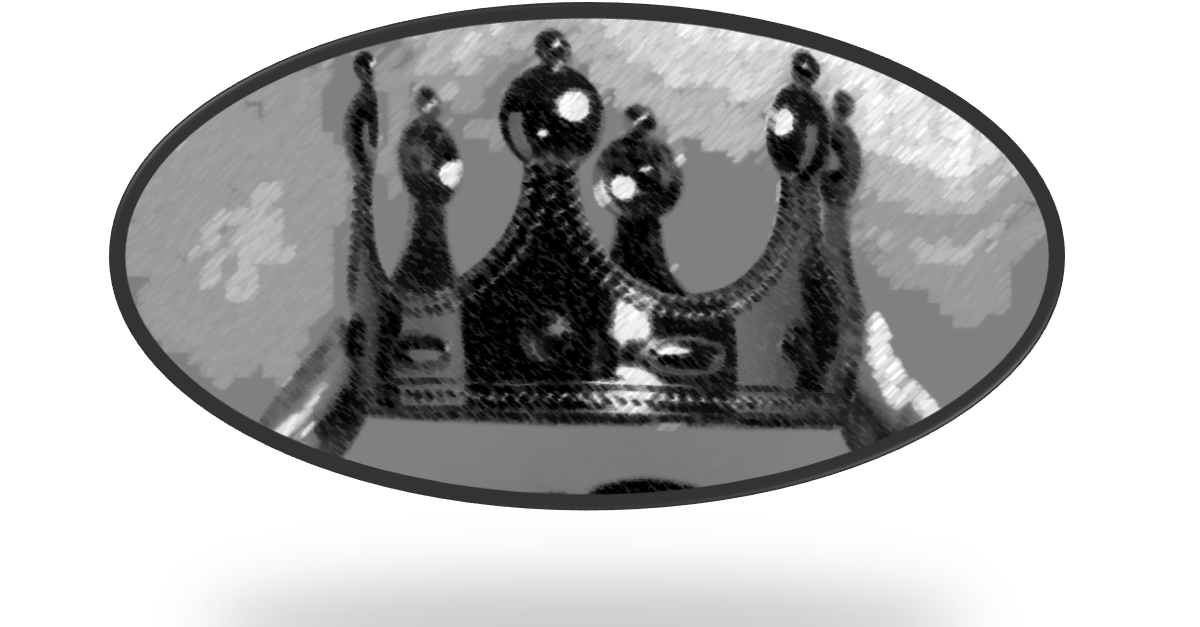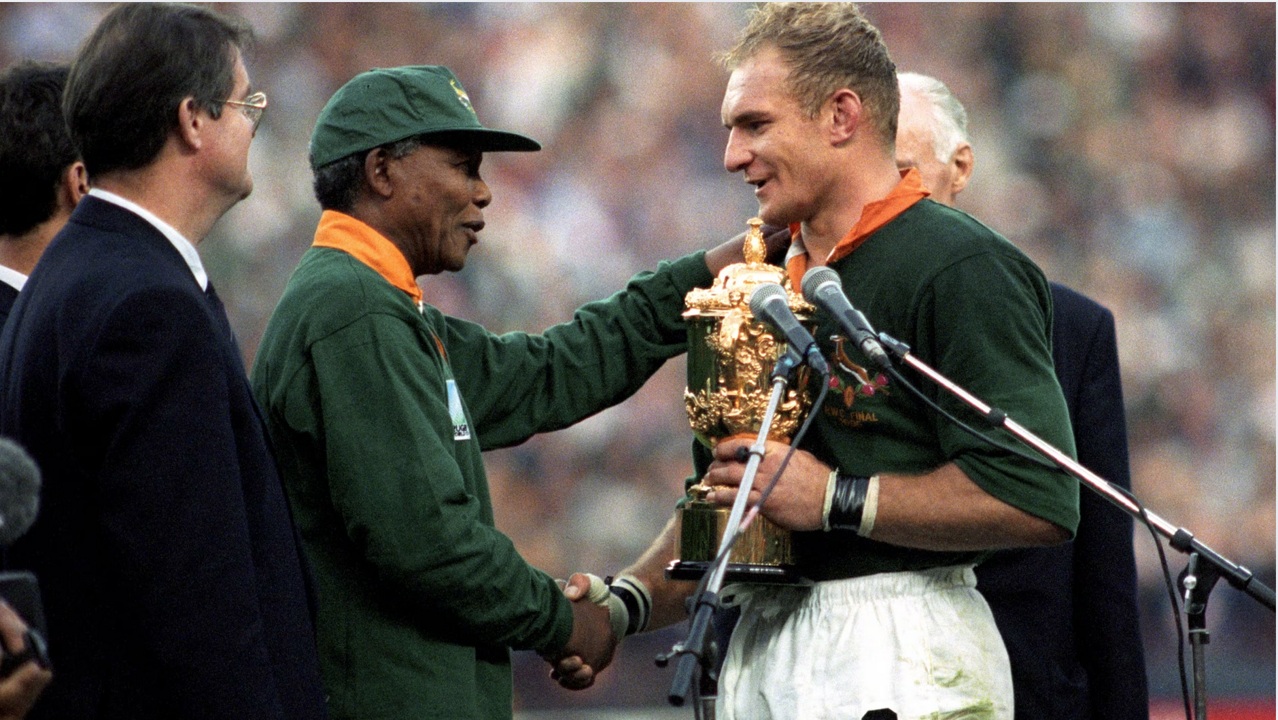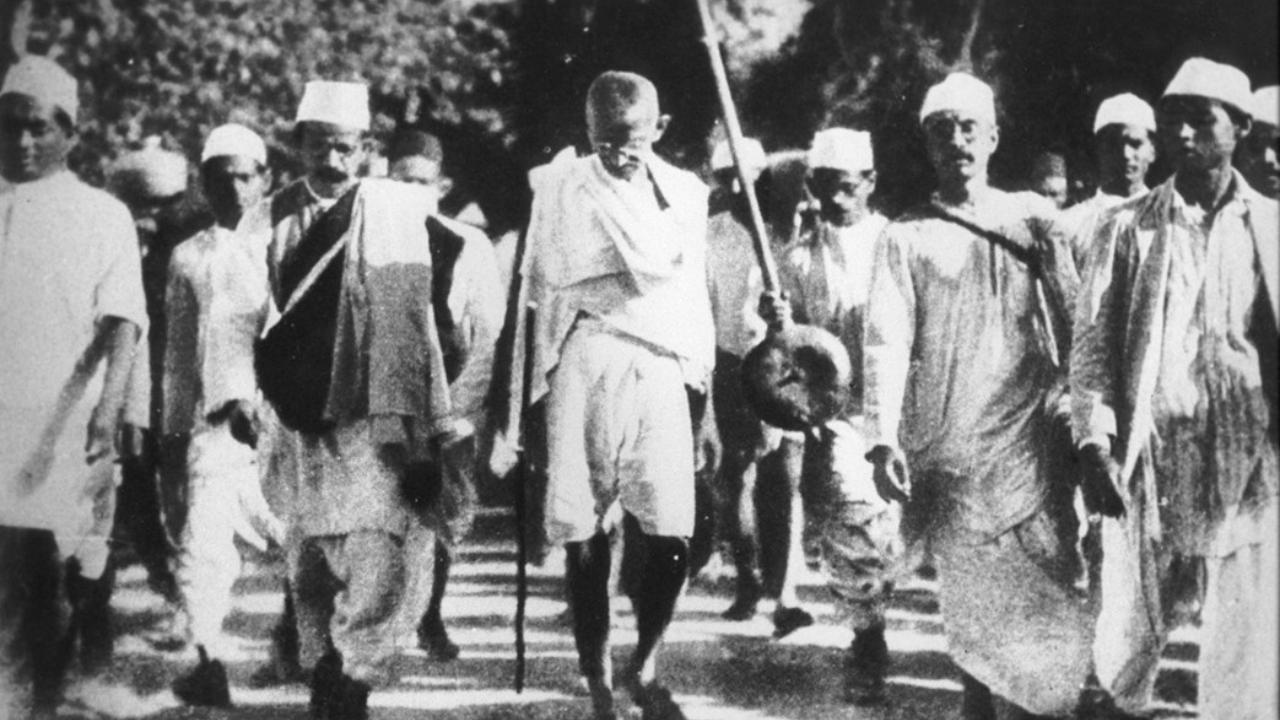
How do I become a good leader?
What’s the most effective leadership style? How do I develop my authentic leadership identity? What are the most important skills needed to be a leader?
I get asked these and similar questions on a regular basis. The subject of leadership has spurred an ocean of research and writing. Scores of academic and non-academic institutions around the world offer development programmes that promise to equip you with all the necessary tools for successful leadership. Sports teams, military organisations and expensive secondary schools regularly claim to excel at creating the best leaders. Leadership, it would appear, is quite the big deal.
I’ve often described myself as a reluctant leader. As the first-born child of two first-born African parents, the role and responsibility to guide and “lead” my siblings was an ever-present narrative of my childhood. In primary and secondary schools, I was thrust into leadership positions overseeing my peers. As I got older, often resisting efforts to have more responsibility thrust on my shoulders, I became increasingly curious about this “leadership thing.” In adulthood, I read books and articles on leadership. My employers sent me on management training courses providing me the opportunity to consider the merits of different theories and models of leadership. Leadership, it would appear, is quite the big deal.
Ultimately, I turned my attention to the real world, to leaders in the wild. I watched, listened to, read, and read about, famous leaders like Nelson Mandela, Muhammad Ali, Bill Clinton, Margaret Thatcher, Jack Welch, Warren Buffet, Mother Theresa, Sir Alex Ferguson, Phil Jackson, Sir Clive Woodward, Toto Woolf, Richie McCaw, Serena Williams, Mahatma Gandhi, the Dalai Lama and Greta Thunberg to name several. Closer to home, I observed leaders that crossed my path at work (bosses, colleagues, clients), in competitive sport (coaches, administrators, teammates, referees, opposing captains) and in my social life (siblings, friends, older relatives, community organisation heads) with a more critical eye.
What did I learn?
- Leaders come in all shapes and sizes. They come from all backgrounds and demographics. Leadership shows up in any manner of situations, from obvious and predictable individuals and from completely unheralded and unexpected sources. Leadership might be a big deal, but you don’t have to be a Big Deal to lead. You don’t even have to be the first-born child of an African family 😉.
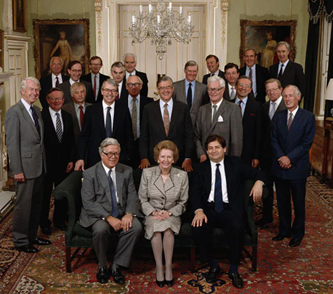
Margaret Thatcher and cabinet, July 1989 – Getty Images
- Every one of those leaders shared one overarching trait: Clarity of Purpose. Each had a very clear vision of what they wanted to achieve, why it mattered to them and why it should matter to others.
- Leaders are persuasive. Every successful leader finds, develops or adopts a style or method for getting others to do the things that are necessary in pursuit of their purpose.
So … what is a leader?
This is my definition:
“A leader is someone who tries to bring about positive change and persuades others to go on that journey with them.”
A simple definition with two key components: “positive change” and “persuades others”.
To become a good leader, the first fundamental thing you need to do is achieve a clear understanding of your purpose – the positive change you’d like to facilitate – why it is important and how to articulate that importance to those you intend to lead.
The second fundamental thing you need is to learn how to persuade others – your followers – to join you on your mission.
I will write more about leadership in the weeks ahead but for now, I leave you to reflect on these questions:
- What is my mission and how clearly can I articulate it to those around me?
- Why should anyone else care about my mission? Why is it important?
- What traits, skills or methods do I lean on when I want to persuade others to support me?
- What could I do differently to be more persuasive?
If you’re struggling to answer any of these questions, drop me a note here. Let’s talk.


